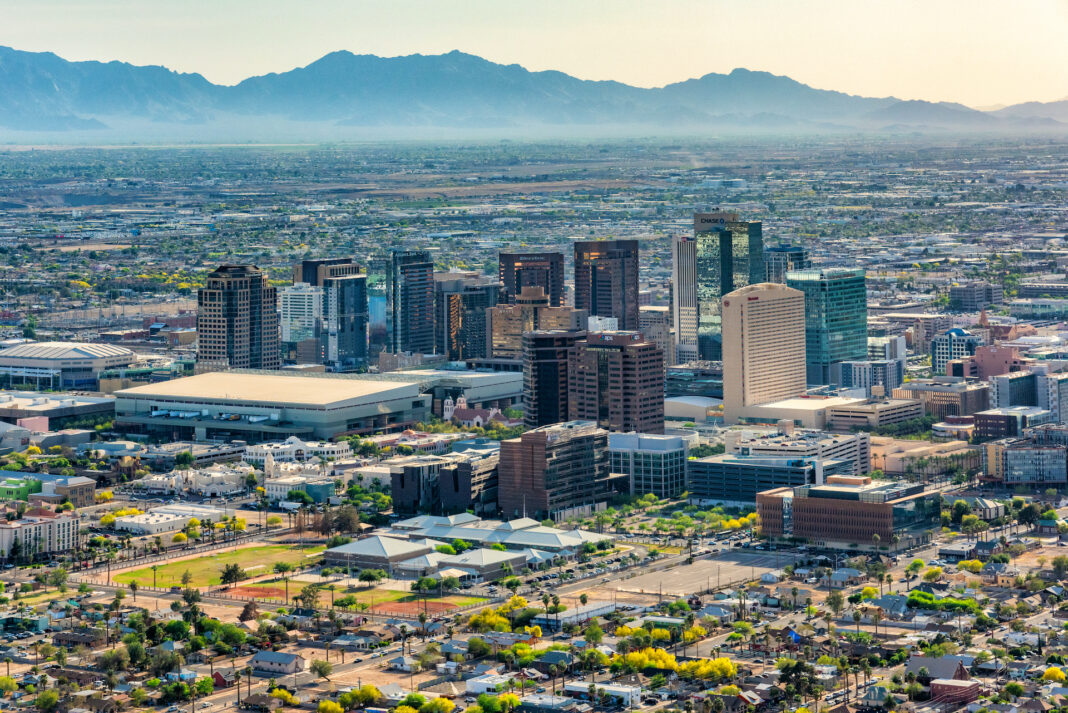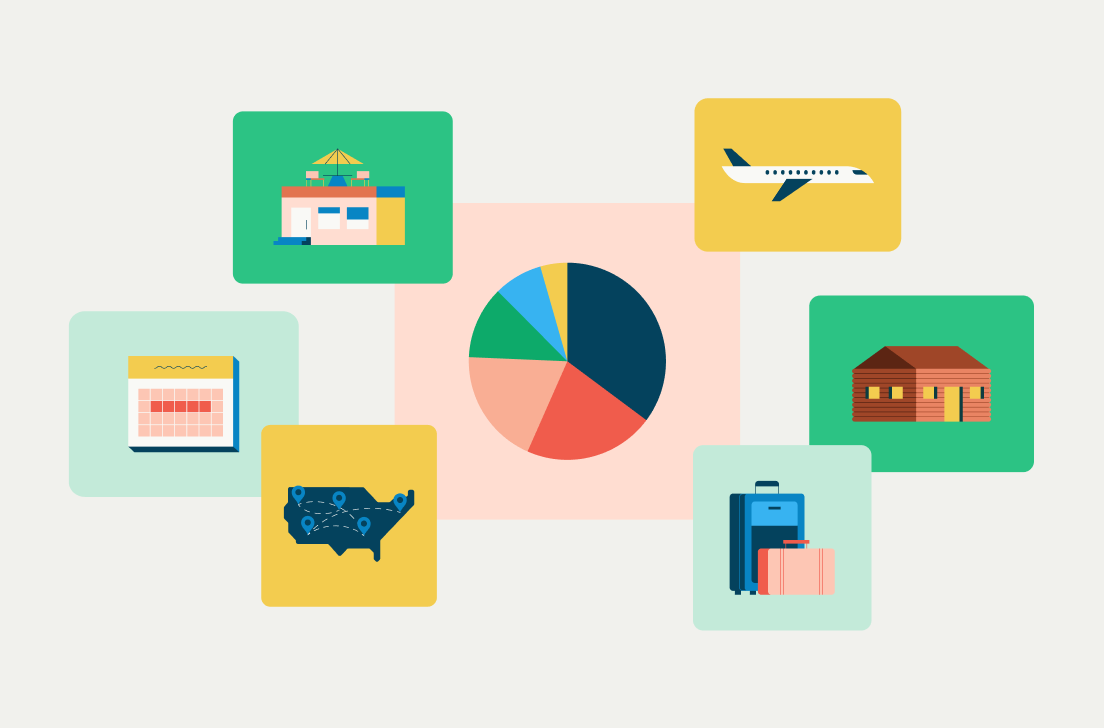Average rent in Phoenix is below the national average, and rents are falling faster than elsewhere in 2026, making Phoenix a more affordable U.S. city, comparatively—but its true affordability depends on your circumstances.
See prices, trends, and tips to find an affordable rental in the Valley of the Sun.

Phoenix has long been seen as a more affordable alternative to expensive coastal cities, offering warm weather, diverse neighborhoods, and a growing job market. In the last few months, that reputation for relative affordability is gaining momentum as rents in Phoenix have dropped more sharply than the national median over the past year.
If you’re considering a move to the Valley of the Sun, this guide will help you understand current rent price trends, how Phoenix compares nationally, which neighborhoods offer the best value, and strategies to secure a rental within your budget.
Average rent in Phoenix in 2026
Phoenix renters are paying noticeably less in recent months than they were last year.
According to Zumper’s latest National Rent Report:
- Median 1-bedroom rent hovers near $1,200 (down ~6.9% year-over-year)
- Median 2-bedroom rent averges $1,550 (down ~2.5% year-over-year)
That means Phoenix renters are paying roughly 20% less for a 1-bedroom and 18% less for a 2-bedroom than the national average, according to our recent data.
Why Phoenix rents are declining
Several factors are driving rent declines in Phoenix this year:
- Increased apartment construction overall and in rapidly growing suburbs like Gilbert, Mesa, and Peoria
- Softening demand as some renters relocate for work or choose nearby, lower-cost markets
- More landlord incentives such as move-in credits or free first months to attract tenants
These trends are giving renters more negotiating power than they’ve had in years.
How Phoenix compares to other major cities
Phoenix remains one of the most affordable large cities in the U.S., especially compared to Western markets like Denver, Seattle, and San Diego. While Phoenix rents have climbed significantly over the past decade, they still offer better value than many other cities of similar size.
For renters moving from pricier states, the lower housing costs can mean more flexibility for savings, travel, or lifestyle upgrades.
Most affordable neighborhoods in Phoenix
While Phoenix overall is more affordable than the national average, some neighborhoods stand out for budget-friendly rents without sacrificing amenities.
Neighborhoods with lower-than-average rents include:
- Maryvale: Family-friendly area with older housing stock and lower rents
- Alhambra: Close to central Phoenix with modest pricing and diverse dining options
- South Mountain: Scenic views, larger lots, and a mix of rental types
- Deer Valley: Suburban feel with easy freeway access and competitive prices
Tips for renting affordably in Phoenix
Search in emerging neighborhoods
Areas seeing new development often have generous introductory rental rates and promotions.
Ask about incentives
With increased supply, landlords may offer concessions like discounted rent or waived application fees.
Consider timing
Late fall and winter can bring more availability and better deals as demand slows.
Use Zumper tools
Set alerts for your price range and apply instantly when the right listing appears. Start your search today.
Cost of living beyond rent
Phoenix remains relatively affordable in other living expenses compared to national averages.
- Utilities: Around $150–$190 per month for a typical apartment
- Transportation: Monthly Valley Metro pass starts at $64, though many residents drive
- Groceries: Roughly 4% below the national average
- Dining out: Around $16–$20 for a casual restaurant meal
FAQs about Phoenix affordability
How much does it cost to rent in Phoenix?
Renters can expect to pay an average of $1,210 for a 1-bedroom unit and $1,560 for a 2-bedroom unit (as of the time of writing)
Is Phoenix cheaper now than last year?
Yes. Median 1-bedroom rents are down 6.9%, and 2-bedroom rents are down 2.5% compared to July 2024.
How much do you need to make to live in Phoenix?
Following the 30% rule, for a $1,210 1-bedroom you’d need about $48,400 annually.
Which Phoenix neighborhoods have the cheapest rents?
Maryvale, Alhambra, South Mountain, and Deer Valley often offer below-median prices.
Does Phoenix have rent control?
No. Arizona law prohibits rent control, so prices are market-driven.
Conclusion
With rents dropping and vacancy rates rising, Phoenix renters in 2026 have more room to negotiate and choose from a wider range of options. The city’s lower-than-average housing costs, paired with a strong lifestyle appeal, make it an attractive choice for budget-conscious renters.
By expanding your neighborhood search, watching for incentives, and acting quickly when a great listing appears, you can take full advantage of Phoenix’s more affordable rental market this year.
Start your search and explore Phoenix rentals now.



